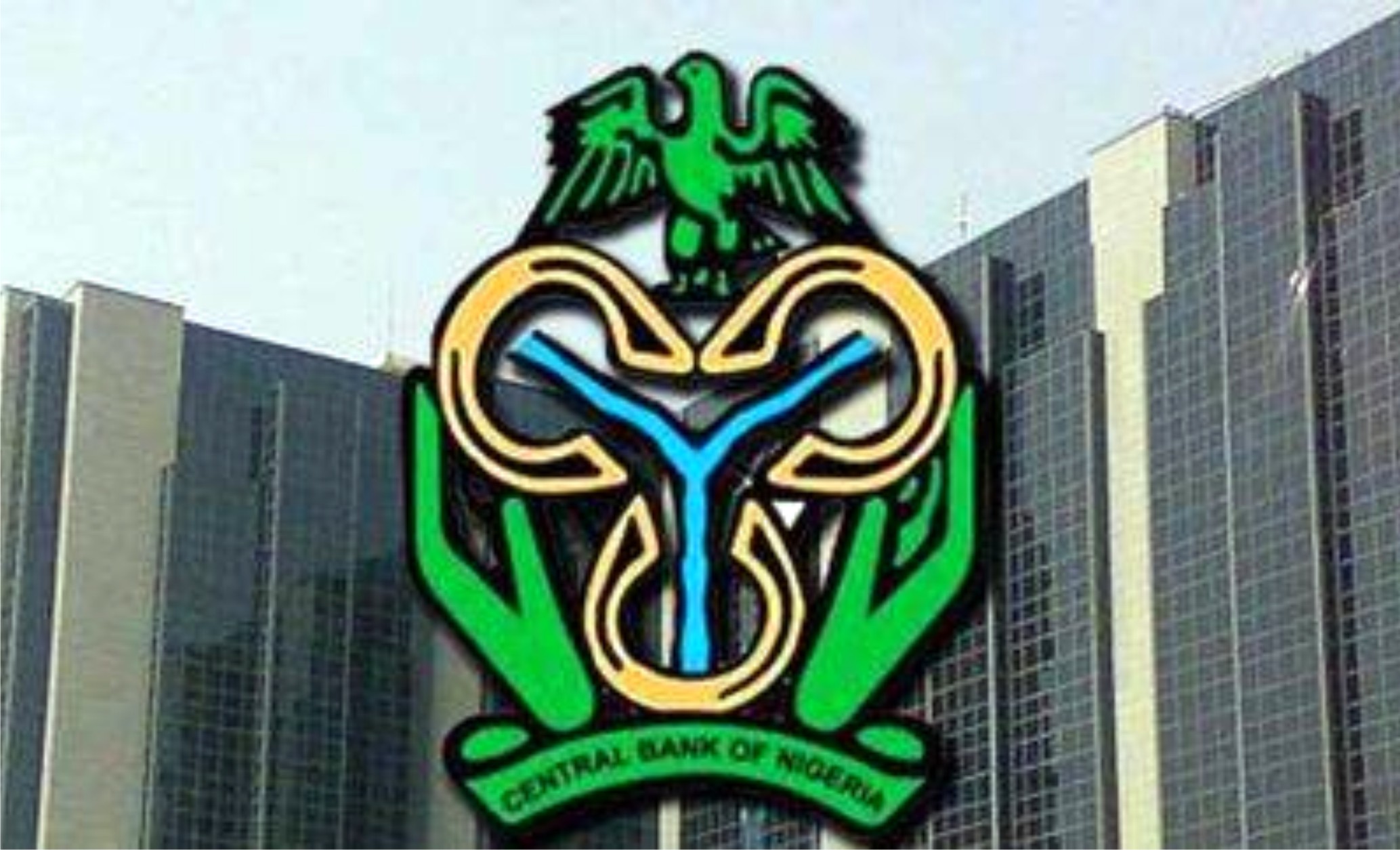Business
CBN Issues Fresh Guidelines On Payments System

The Central Bank of Nigeria (CBN), has issued regulatory guidelines for the operation of Indirect Participants in the Payments System, with effect from November 11.
The apex bank made this known in a circular issued by CBN’s Director, Payments System Management Department, Mr Sam Okojere, to banks, last Thursday.
The Indirect Participants are payments service providers who are non-clearing financial institutions but settle their payments obligations through clearing banks.
According to the guideline, to qualify as an indirect participant, an institution shall: have a satisfactory risk-based rating from the CBN and secure a letter of recommendation from its direct participating bank, signed by the Chief Risk Officer and an Executive Director of the direct participating bank.
The bank also directed that an indirect participant expected to settle all its payments obligations through only one direct participating bank per payment scheme at any given time.
“The relationship between a direct participating bank and an indirect participant shall be governed by a Settlement Agreement.
“Where the account of an indirect participant with a direct participating bank is not adequately funded, the direct participating bank may decline further settlement services to the indirect participant and inform the payment processor accordingly.
“Except as otherwise agreed, a direct participating bank or an indirect participant shall give at least thirty 30 days’ notice to the other party before terminating the Settlement Agreement for any other reason apart from the circumstances in 3.4.
“The terminating party shall notify the Payments Service Provider (PSP) of its intention to terminate.
Transport
Automated Points Concession : FAAN Workers Gave 72hrs To Revise Decisions In PH

Transport
FAAN Announces Pick-Up Points for Go-Cashless Cards

Business
Fidelity Bank To Empower Women With Sustainable Entrepreneurship Skills, HAP2.0
-
Politics2 days ago
2027: NIGERIANS FAULT INEC ON DIGITAL MEMBERSHIP REGISTER DIRECTIVE
-

 Environment2 days ago
Environment2 days agoLAWMA Director Says Sweeping Reforms Have Improved Waste Collection
-
Politics2 days ago
LP Crisis: Ex-NWC Member Dumps Dumps Abure Faction
-

 Politics2 days ago
Politics2 days agoUmahi Dismisses Allegations On Social Media, Insists On Projects Delivery
-

 Sports2 days ago
Sports2 days agoAbia Not Sure To Secure continental Ticket
-
Sports2 days ago
La Liga: Yamal Records First Career Hat-trick
-

 Transport2 days ago
Transport2 days agoFAAN Announces Pick-Up Points for Go-Cashless Cards
-
Politics2 days ago
IT’S A LIE, G-5 GOVS DIDN’T WIN ELECTION FOR TINUBU – SOWUNMI

